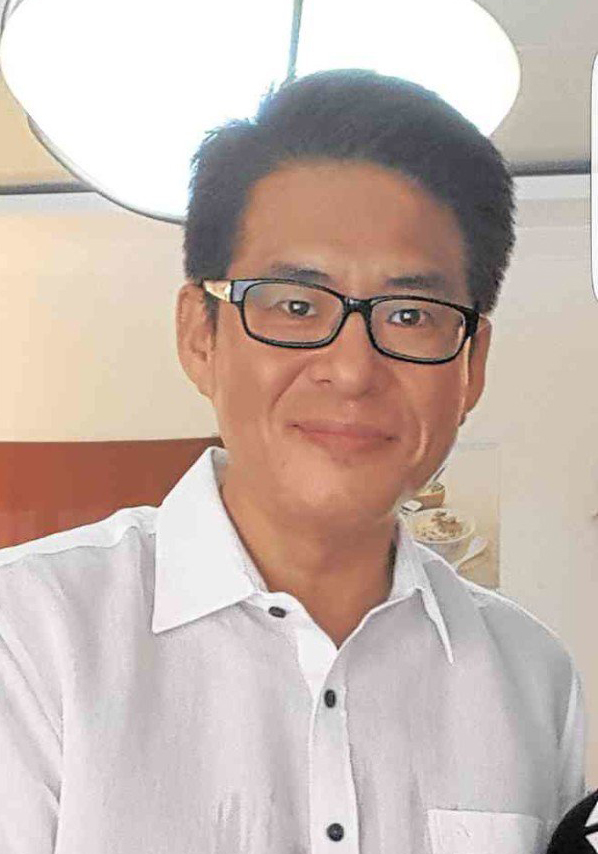The kidnapping, murder, and cremation of Korean businessman Jee Ick-Joo might just be the trigger needed by lawmakers to reimpose the death penalty on “super heinous crimes,” Senate Minority Leader Ralph G. Recto said yesterday.
Recto said that he, in principle, remains against capital punishment but conceded “that cruelty and impunity inflicted in crimes like the one that victimized the Korean is beginning to define what a super heinous crime that may be punishable by death is.”
“In terms of how dastardly a crime is, we are seeing examples of a higher bar in which death penalty, in the eyes of its advocates, could be imposed,” Recto said.
Recto said complex and heinous crimes are “powerful emotional argument for death penalty.”
He said he favors life imprisonment for lesser crimes such as ordinary killings or carnappings without aggravating circumstances.
Recto acknowledged that the debates on death penalty “will be infused with actual examples of heinous crimes in which the demand for a greater restitution is high.”
“It will go beyond theories and studies. Actual examples will be used by both sides. The pro will parade examples of heinous crimes. While the antis will cite successes of the power of rehabilitative justice,” he said.
“Tulad halimbawa ng isang Abu Sayyaf na nandukot ng isang dosenang tao, pinahirapan, ginutom, ni-rape, tapos pinugutan ng ulo. How can these be arguments for clemency?” Recto said.
The 53-year-old victim was kidnapped last year in Pampanga by rogue policemen but was still murdered and cremated despite the payment of a R5-million ransom by his family.
Senators are split on the reimposition of the death penalty and the House of Representatives leadership predicted the passage of the death penalty bill in June. (Mario B. Casayuran)



